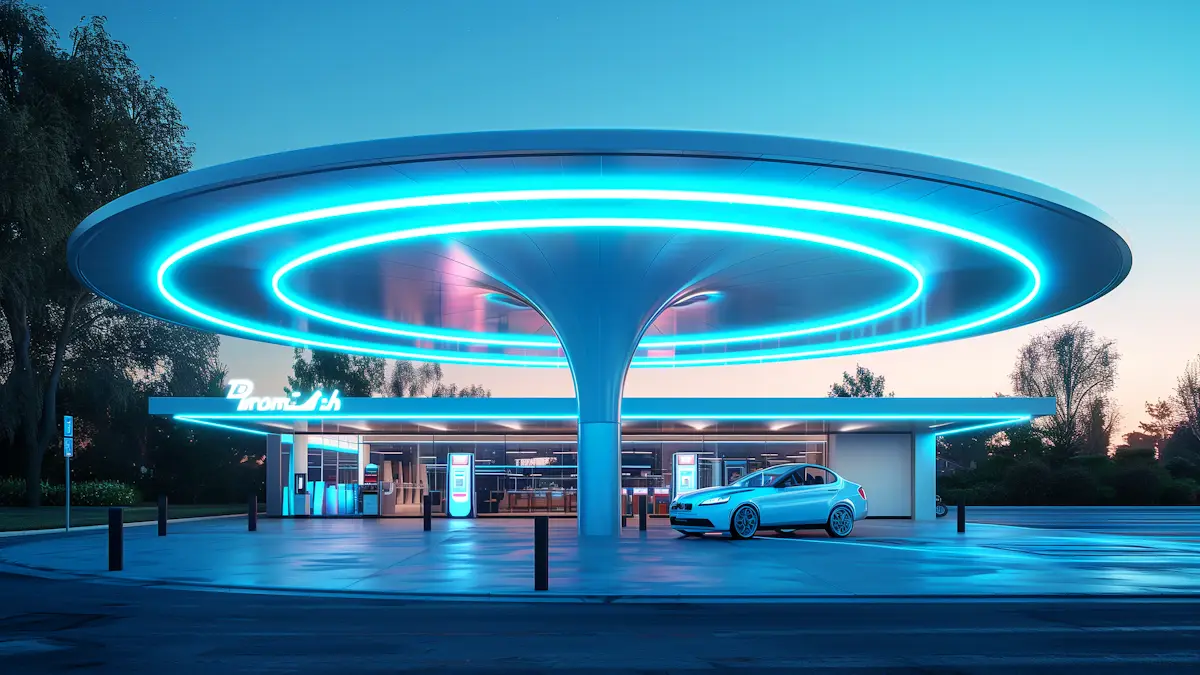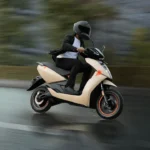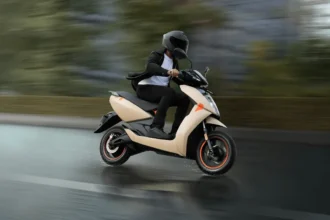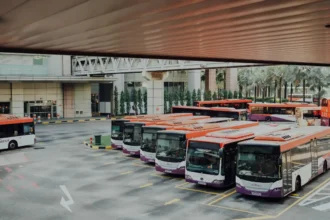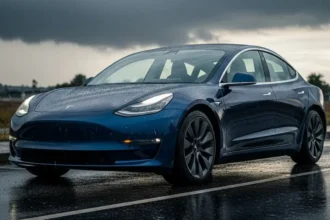India Makes Its Own Wireless EV Charger – No More Plugging In!
Do you hate plugging in your electric car? There’s good news for you! Indian scientists have created a special charger that works without any cables. According to CNBCTV18, two Indian organizations – C-DAC (T) and VNIT Nagpur – have developed our country’s first wireless charger for electric vehicles. This new technology can now charge your car simply by parking over a special charging pad.
Who Made This Amazing Technology?
- Centre for Development of Advanced Computing (C-DAC) Thiruvananthapuram and Visvesvaraya National Institute of Technology (VNIT) Nagpur worked together
- S Krishnan, who heads the Ministry of Electronics and Information Technology (MeitY), announced the technology handover
- Global Business Solution Pvt. Ltd. received permission to make and sell this technology
The official handover happened at Electronics Niketan in New Delhi where several agreements were signed for bringing this technology to market. This is part of India’s push to make more things at home instead of buying from other countries.
FAST INDIGENOUS WIRELESS CHARGER SOON FOR ELECTRIC VEHICLES
The central government is continuously taking steps to boost electric mobility by increasing electric vehicles in the country. As a result, more than 45 lakh electric vehicles have been registered in India. Now, the… pic.twitter.com/9ZccUkEL6U
— PIB India (@PIB_India) May 8, 2025
What Makes This Charger Special?
- Works without any cables – just park your car over the charging pad
- Fills up 90% of your car battery in about 3 hours
- Plugs into regular home power (230-volt)
- Works with 4.8 kWh batteries (common in many Indian electric vehicles)
- Has safety features to protect against electrical problems
Kashmir Reader reported that this indigenous wireless EV charger delivering 90% charge in 3 hours will launch soon in the market. Think of it like a giant phone wireless charger, but for your car!
How Much Will It Cost Compared To Other Chargers?
| Charger Type | Price Range | Source |
|---|---|---|
| Regular Level 1 AC Chargers (with cable) | ₹15,000 – ₹30,000 | YoCharge |
| Bharat AC – 001 Chargers | Around ₹65,000 | Lendingkart |
| Type 2 AC Chargers | About ₹1,20,000 | Lendingkart |
| Global Wireless Home Charging Systems | USD 3,000-3,500 (₹2,50,000 – ₹2,90,000) | MarketsandMarkets |
- Regular Level 1 AC Chargers are the most basic, plugging into a standard wall outlet for slow charging, often used at home.
- Bharat AC – 001 Chargers are an Indian standard for AC slow charging, commonly found for two and three-wheelers.
- Type 2 AC Chargers are faster AC chargers widely used at homes, workplaces, and public locations globally.
- Global Wireless Home Charging Systems allow electric vehicles to charge simply by parking over a pad, eliminating the need for cables through inductive technology, though currently more expensive.
MarketsandMarkets highlights that the high global cost is a big reason why fewer people choose wireless chargers compared to regular wired ones. The price of this new Indian wireless charger hasn’t been announced yet, but being made in India might make it more affordable.
How Well Does It Actually Work?
- PIB reported efficiency up to 89.4% even when the car is 7.5-12.5 cm above the charging pad
- Can fill a 4.8 kWh battery to 90% in about 3 hours using regular home power (confirmed by Mathrubhumi)
- Uses special Silicon Carbide parts that work at 88kHz frequency (these are advanced electronic components)
- Includes protection against electrical problems like short-circuits
Electronics For You BUSINESS noted that the charger uses special electronic parts that make it very efficient and safer to use. EET India reported that this technology was developed, tested, certified, and commercialized under the NaMPET program, which is a government initiative.
Why This Matters For India’s Electric Vehicle Future
India already has over 45 lakh registered electric vehicles on the road, according to CNBCTV18. The government is actively supporting EV adoption by cutting taxes – GST on electric vehicles has been reduced from 12% to 5%. This new wireless charger is another step toward making EVs more convenient.
The technology transfer to an Indian company means this innovation will reach regular people soon. This matters because easier charging could convince more Indians to switch from petrol and diesel vehicles to electric ones.
What’s Next For EV Charging In India?
As electric vehicles become more common in India, charging infrastructure needs to keep up. This wireless technology could be especially helpful in places like apartment buildings, shopping malls, and office complexes where installing cables might be difficult.
Do you think wireless charging will become the new normal for electric vehicles in India? With government support and local innovation, the future of hassle-free EV charging might be closer than you imagine!
